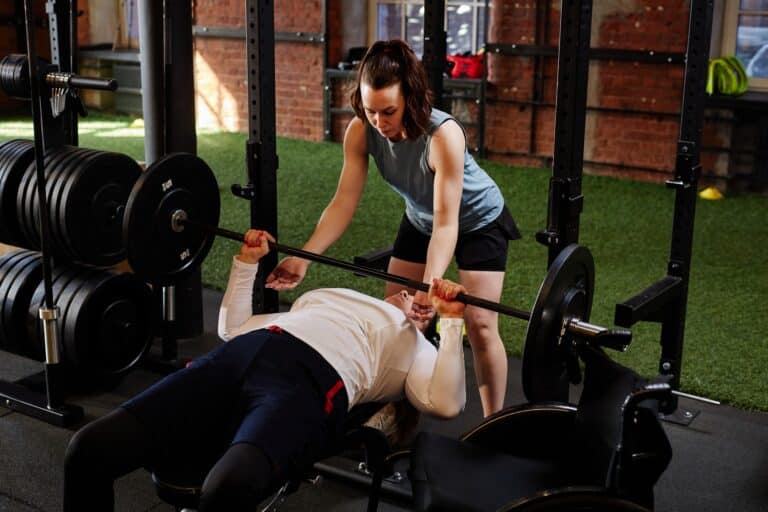In the age of wearable sensors and instant analytics, the gap between subjective guesswork and objective decision-making in athletic performance is rapidly closing. Monitoring athlete readiness is no longer just about intuition—it’s about leveraging technology and data to guide training load adjustments for optimal results. Whether you’re working toward your NSCA CSCS credential or managing an elite training facility, understanding how to gather and interpret readiness data is crucial.
The Importance of Daily Athlete Readiness Assessments
Elite athletes operate at the boundary of human performance, where small improvements can mean major competitive advantages. Daily monitoring tools help coaches and conditioning specialists recognize subtle changes in an athlete’s physiological and mechanical state. By capturing these shifts, coaches can make informed, day-to-day decisions that:
- Prevent overtraining and reduce injury risk
- Enhance recovery strategies
- Maintain peak readiness during crucial stages of the competitive season
Key Metrics for Assessing Readiness
- Heart Rate Variability (HRV):
HRV measures the time intervals between heartbeats, offering insights into an athlete’s autonomic nervous system status. A drop in HRV could indicate elevated stress, fatigue, or insufficient recovery. Tracking HRV trends provides a window into whether an athlete is primed for a challenging session or needs a lighter load. - Jump Tests (e.g., Countermovement Jumps):
Vertical jump assessments, particularly countermovement jumps, offer immediate feedback on neuromuscular readiness. Changes in jump height or peak power output can signal whether the athlete’s nervous system is fresh and responsive or fatigued and in need of scaled-back training. - GPS Tracking & Movement Analysis:
GPS devices and inertial measurement units (IMUs) track metrics like speed, acceleration, and total distance covered. By comparing these data points across sessions, coaches can see if athletes are adapting positively or showing signs of strain, sluggishness, or mechanical inefficiencies.
Turning Data into Action
Data means nothing without proper interpretation. Identifying patterns over time ensures that adjustments to training loads are informed by evidence rather than guesswork. Consider these strategies:
- Individual Baselines: Establish personalized benchmarks for each athlete. Knowing what’s “normal” for an individual helps you spot deviations early.
- Contextual Factors: Athlete readiness isn’t just about one metric. Combine HRV with jump test outputs, GPS data, and subjective wellness reports to form a complete readiness picture.
- Periodized Adjustments: Align training loads, intensity, and volume with the athlete’s competition schedule. For example, if HRV or jump tests show signs of excessive fatigue approaching a big competition, scaling back can ensure they peak at the right time.
Preparing for the NSCA CSCS Exam and Beyond
Monitoring athlete readiness and using data to inform training decisions are key concepts in the strength and conditioning field, especially for those preparing for the NSCA CSCS Prep Course by GIFTED Academics. Our course provides you with:
- Lecture Videos & Slide Downloads: Comprehensive lessons on metrics, monitoring methods, and data interpretation ensure you have the foundational knowledge required for success.
- Auto-Graded Sample Exams: Test your understanding of athlete monitoring and other core CSCS topics, identifying areas to improve before exam day.
- 1-on-1 Instructor Sessions: Connect directly with an expert for personalized guidance, whether you’re tackling complex data sets or refining your approach to individualized training strategies.
Elevate Your Practice with Data-Driven Training
As technology continues to shape the athletic landscape, being able to interpret and act on performance data sets elite coaches apart. By mastering the use of heart rate variability, jump tests, and GPS tracking, you’re not only preparing to excel in the NSCA CSCS exam but also sharpening your ability to keep athletes at their competitive peak.
Ready to move your training methods into the future? Enroll in the NSCA CSCS Prep Course at GIFTED Academics and discover how leveraging technology and data-driven insights can elevate your coaching to the next level.





